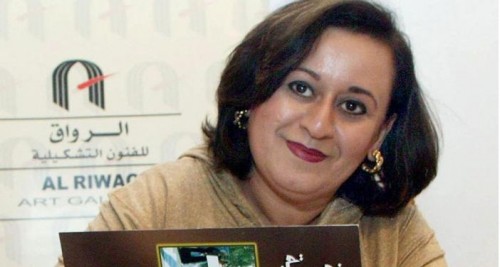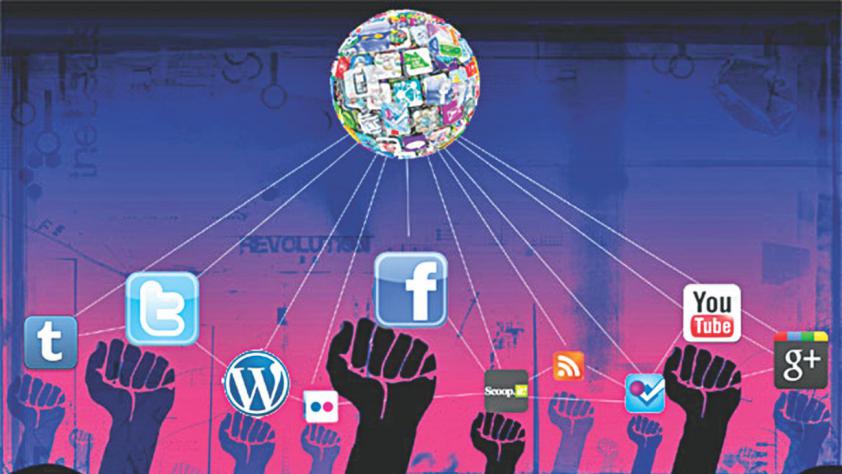Government-sponsored oppression of Shia in Saudi Arabia is well documented. But government oppression also affects the populace more broadly, through legislation which violates fundamental human rights. Several widely-used laws criminalize political and religious criticism of the king, state, or religious establishment, contravening the universal right to freedom of opinion and expression. The government utilizes three[…]
Bahraini human rights defender Ghada Jamsheer is in danger of being re-arrested following the decision of an appeals court to increase her sentence. The charges are in relation to several tweets attributed to Jamsheer in which she accused the royally-operated King Hamad Hospital of corruption. Jamsheer leads a network of women human rights defenders (WHRDs)[…]
On 29 June 2016, various internet users in the United Arab Emirates (UAE) reported that Middle East Eye, an online news organization, was blocked by Emirati authorities. Internet users in the country receive the following official message when attempting to visit the website: “Access to this site is currently blocked.” Middle East Eye notes that[…]
In 2011, Nazeeha Saeed, a journalist, arrived at the Pearl Roundabout to report on the protests. Later, Bahraini officials called her in for an interrogation where she suffered abuse. Now, in 2016 Saeed continues to be punished by the government for her coverage of the 2011 protests in the form of an unofficial travel ban.[…]
Cyberactivists, those who organize, document or participate in political protests and social movements through online communications, played a large role in the Arab Spring uprisings of 2011. The widespread use of social media websites, including Twitter and Facebook, allowed citizens abroad to shed light on the practices of oppressive governments in the Middle East and[…]








